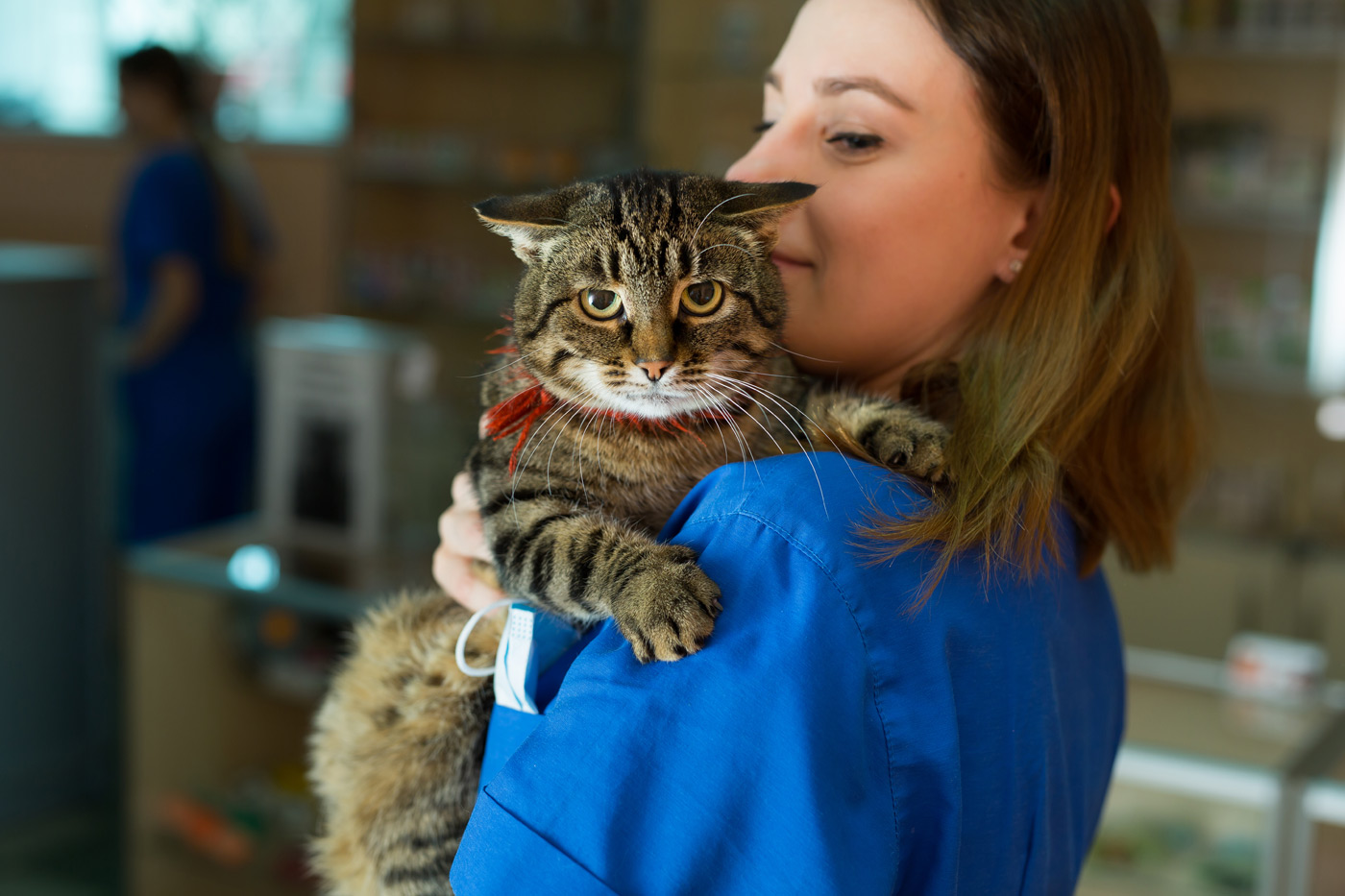Let’s delve into 10 prevalent signs of feline indisposition, (applicable to some canines as well.) This Pawzine article aims to give you some signs and pointers that all is not well with your feline buddy, and to help you catch these early.
Altered Appetite
Variations in eating habits, whether excessive or insufficient, may serve as indicators of an underlying malady. Notify your veterinarian promptly if you observe such changes. Numerous diseases could contribute to either voraciousness or loss of appetite, prompting a thorough investigation through blood analyses, X-rays, and/or ultrasound.
Malodorous Breath
A noxious odour emanating from your cat’s oral cavity may signify gum disease or dental decay. Regular tooth brushing is a prudent measure to mitigate these risks. Consider the hypothetical scenario of abstaining from dental hygiene for 5, 10, or 15 years! Furthermore, an ammonia-like breath might signal kidney malfunctions.
Doing Business Outside the Litter Box
Instances of inappropriate elimination may result from behavioral issues or hint at an underlying disease. Consult your veterinarian to rule out bladder infections or urinary obstructions before addressing this as a behavioral concern.
Fluctuations in Weight
Weight loss can herald thyroid issues or, more ominously, cancer. Conversely, weight gain or abdominal enlargement may be linked to conditions like pyometra (pus-filled uterus). Obesity, in itself, poses threats to your pet’s well-being, fostering arthritis, tumors, and curtailed longevity.
Alterations in Behaviour
If your sociable feline suddenly turns antisocial, a medical cause may be at play. The act of hiding is a classic sign of illness, as the cat, feeling unwell, seeks refuge from potential “predators,” concealing itself in closets or beneath beds.
Changes in Grooming Habits
Insufficient grooming may manifest as a lackluster or greasy coat, indicating potential skin issues or other maladies. Conversely, excessive grooming may result in bald patches, attributable to factors such as skin parasites (fleas or mange) or stress-induced behavior.
Shifts in Activity Levels
A sudden surge in activity among middle-aged to older cats may hint at an overactive thyroid. Conversely, diminished enthusiasm for movement or play could signify arthritis or other underlying concerns.
Disturbances in Sleep Patterns
A cat seemingly lethargic throughout the day, departing from its usual active routine, may be signaling discomfort. Conversely, a cat displaying nocturnal restlessness, vocalizing, or heightened daytime activity might be grappling with an undisclosed issue.
Stress-Induced Behaviors
Altering routines could be indicative of stress in your cat. Environmental changes, such as introducing another pet, home renovations, or loud noises, might induce hiding, depression, or a diminished appetite. Present an objective and comprehensive account of potential alterations to your veterinarian.
Vocal Changes
Modifications in vocalization patterns may signify underlying issues. A typically silent cat suddenly becoming more vocal or a chatty cat falling silent could indicate trouble.
Any of the aforementioned alterations, whether gradual or abrupt, should prompt a visit to your veterinarian for a thorough investigation and timely intervention. Always consult or reach out to your veterinarian, that should always be your go-to for ensuring the health and welfare of your cherished pets.
Yours in Paws,
The PawPaw Team

